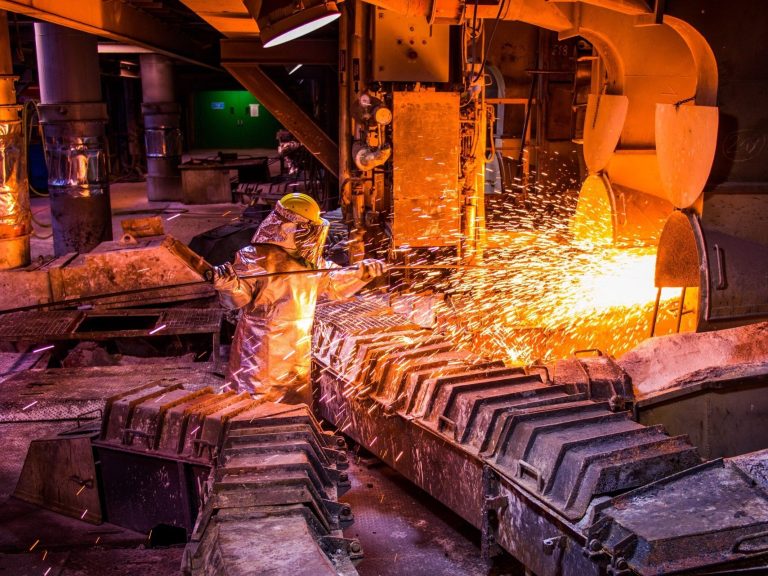Japanese car manufacturers falsified test results. This is the second such situation in recent months

Several Japanese car companies falsified homologation tests of some models. This information was confirmed by the Japanese Ministry of Transport. We faced a similar scandal a few months ago at Toyota's subsidiary, Daihatsu.
A new scandal in the Japanese car industry: car manufacturers Toyota, Honda, Suzuki, Mazda and Yamaha cheated in homologation tests of some models. These are not just guesses, but the information was confirmed by the Ministry of Transport in Tokyo. A similar scandal occurred last year at Toyota subsidiary Daihatsu.
Daihatsu manipulated tests for 30 years
It turned out that vehicle safety test results had been falsified for 30 years. An independent commission found evidence that safety tests were manipulated on as many as 64 car models, including those sold under the Toyota brand. A total of 174 cases of false declarations and improper modification of vehicles to pass inspections were recorded. The oldest recorded such incident occurred in 1989. The company's management decided to suspend production for a few weeks. This resulted in huge losses for the corporation.
Toyota's management assured that it had learned a lesson from this situation and announced a fundamental reform at the Daihatsu subsidiary. – However, this will be a task that will not be accomplished overnight. We want to assure you that we are aware of the seriousness of the situation, Toyota wrote in a published statement.
The Ministry of Transport writes about a regrettable event
After a few months, similar accusations come back and spread a wider circle. “Following the Daihatsu case, it is extremely regrettable that further inappropriate behavior has been uncovered,” the ministry said. It fears that such “fraudulent activities” undermine consumer confidence and undermine the foundations of the vehicle certification system. The Ministry of Transport has instructed five manufacturers to suspend deliveries of the affected models for the time being.
As a result, sales are stopped.
The Toyota Group has stopped selling the three affected models in Japan. Four more are no longer produced. Toyota assures that although the cars were “tested using methods that differ from government standards,” this does not affect driving safety. Therefore, according to the company, it is not necessary to withdraw the product.






